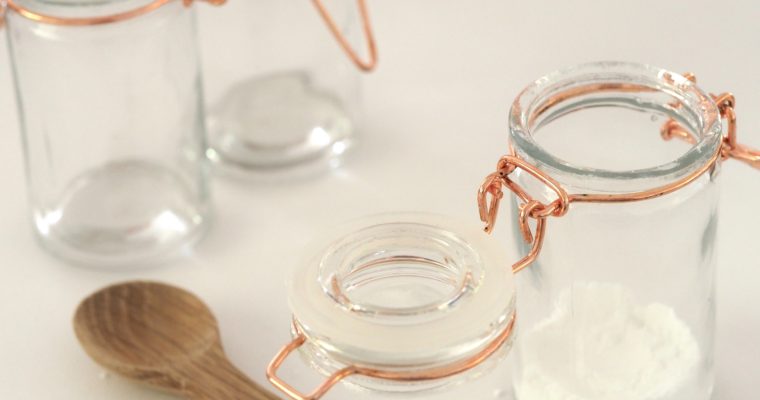Photo by Diego Ph on Unsplash
In a recent study, researchers found that those diagnosed with Diabetes in their 50s were more likely to suffer from memory problems and other mental decline in their 70s.
The study was published in the Annals of Internal Medicine. Beginning in 1990, researchers examined 13,351 adults aged 48 to 67 for diabetes and prediabetes. They also ran memory, reasoning, and problem solving tests on the subjects. After 20 years, the researchers found that those with diabetes experienced a 30 percent larger decline in mental function that those who did not have the disease.
Scientists believe that the correlation between these conditions has to do with lack of blood flow to the brain – in diabetic individuals, circulation decreases, resulting in damage to the small blood vessels in the brain. “People may think cognitive decline with age is inevitable, but it’s not,” said the study’s senior author, Elizabeth Selvin, an associate professor of epidemiology at the Johns Hopkins Bloomberg School of Public Health. “Factors like diabetes are potentially modifiable. If we can better control diabetes we can stave off cognitive decline and future dementia.”
Balancing Blood Sugar by Jerry Hickey, R. Ph
Diabetes is a life-threatening disease that causes blood sugar and triglyceride levels to become continuously and severely elevated. This excess of circulating blood sugar is very destructive, causing inflammation in the heart and circulatory system as well as in the eyes, brain, kidneys, and nerve tissue. It may lead to a myriad of other serious health conditions, as well.
This disease occurs when your cells become resistant to the effects of the hormone insulin for various reasons. Insulin normally stores sugar in your cells. However, long before full-blown diabetes occurs there is a period of what is referred to as “pre-diabetes”. Your blood sugar is already modestly increased and damage to the kidneys, blood vessel walls, and eyes is beginning to take place. Perhaps it should be renamed “early stage diabetes,” as even a modest elevation in blood sugar should always be looked at seriously.
More research shows that Vitamin D lowers the risk of developing diabetes – Click to read more!
Type 2 Diabetes is more common and occurs when the body’s cells become resistant to the effects of insulin. This results in elevated levels of sugar and triglycerides in the blood. The most common cause is truncal obesity, or having an apple-shaped body instead of a pear-shaped one. New evidence indicates that an increase in the circulating levels of CRP (C-reactive protein), an enzyme tied into inflammation and heart disease, is a major indicator of impending diabetes.
Type 1 refers to an autoimmune disease that attacks and destroys the insulin-producing cells in the pancreas and is much less common. Individuals who suffer from this condition always require insulin.
Know Your Test Scores:
Impaired Fasting Blood Glucose: To determine your risk of developing this disease, your doctor will perform a test on your blood after you fast for 12 hours. If your blood sugar is lower than 99 after fasting, it is unlikely that you will develop diabetes. However, if the blood sugar is between 100 to 125 mg/dL, you have impaired fasting blood glucose and are at a higher risk of developing diabetes as well as cardiovascular disease. Proper diet, exercise, and specific nutrients are beneficial to many individuals at this point, and can help restore blood sugar levels down to a normal level. Some drugs may also prescribed for this effect. If your blood sugar after fasting is above 125mg/dL, you are considered to have full-blown diabetes and must begin aggressive treatment for this very serious condition.
New Study: “Diabetes and Pre-Diabetes Linked to Loss of Memory” – Click to read more!
A1C: This is a blood test that measures your average blood glucose over the past 2 to 3 months. A1C is the best method of monitoring overall glucose control, and the test should be repeated 2 to 4 times per year. Ideally, the blood glucose level should be less than 7 percent.
Symptoms May Include:
- Feeling tired or ill
- Excessive thirst
- Frequent urination
- Sudden weight loss
- Blurred vision
- Slow healing of infections
- Genital itching
Questions for Jerry Hickey, R. Ph about Diabetes? Leave in the comments!





